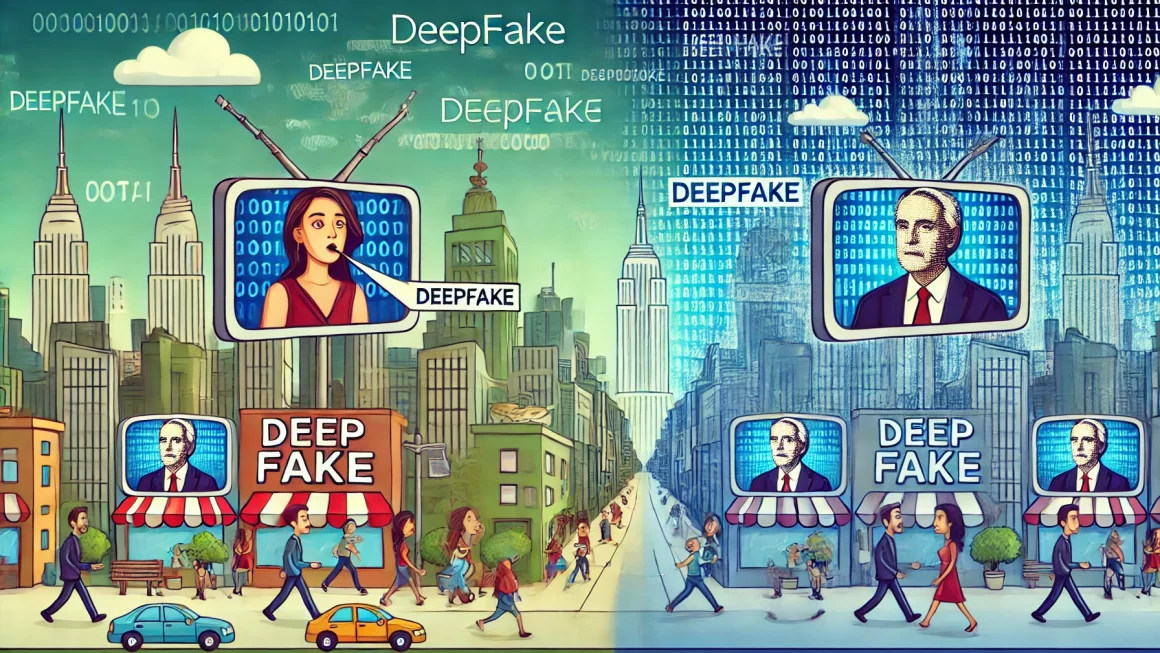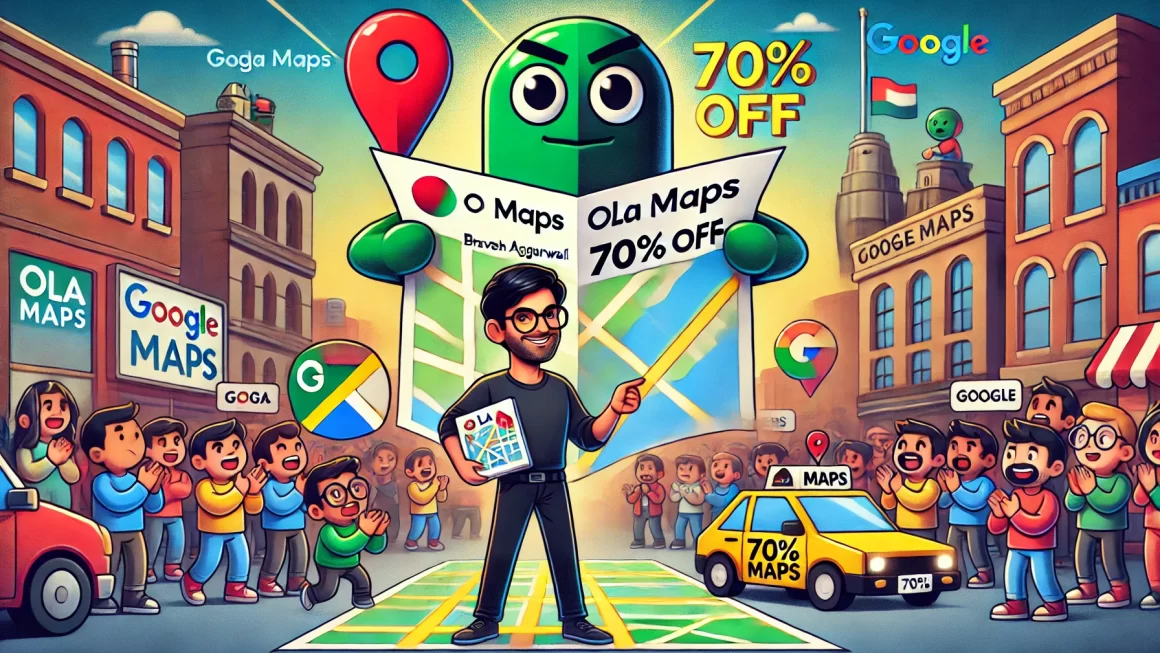Hey there, fellow tech enthusiasts! Today, let’s dive into the fascinating world of blockchain and explore how this game-changing technology could potentially enhance our democratic processes through secure digital voting. It’s an exciting topic that’s been buzzing around, and for a good reason. So, buckle up and let’s unravel this tech marvel together!
What is Blockchain?
Before we jump into the voting part, let’s have a quick refresher on what blockchain is. Imagine a digital ledger that is decentralized, meaning it’s not controlled by any single entity, and is spread across multiple computers. Each transaction or piece of data (known as a block) is linked to the previous one, creating a chain of blocks—hence, the name blockchain. This structure makes it incredibly secure and tamper-proof because altering any block requires changing all subsequent blocks across the entire network, which is practically impossible.
The Voting Problem
Traditional voting systems, whether paper-based or electronic, have always faced challenges like fraud, tampering, and inefficiencies. Remember the chaos and controversies around recounts or allegations of rigging? Yeah, not fun. This is where blockchain steps in as a potential hero.
How Blockchain Can Enhance Voting
- Security and Transparency: Blockchain’s robust security features ensure that once a vote is cast, it cannot be altered or deleted. Each vote is a block that’s linked to the chain, making it virtually impossible to tamper with. Plus, every action is transparent and can be audited by anyone, fostering trust in the electoral process.
- Decentralization: Since blockchain is decentralized, no single entity can control the voting process. This means there’s no central point of failure or manipulation, ensuring a more democratic and fair voting system.
- Accessibility and Inclusivity: Digital voting via blockchain can be a game-changer for people with disabilities, those living abroad, or anyone who finds it challenging to visit a polling station. All you need is a device with internet access, and you can vote from anywhere, making the process more inclusive.
- Efficiency and Cost-Effectiveness: Conducting elections is expensive and time-consuming. Blockchain can streamline the entire process, from voter registration to vote tallying, reducing costs and increasing efficiency. Plus, results can be calculated and verified in real-time, eliminating long waits for outcomes.
Challenges and Considerations
Of course, no technology is without its challenges. Implementing blockchain for voting requires addressing issues like ensuring voter privacy, developing user-friendly interfaces, and achieving widespread adoption. Additionally, there’s the need for robust cybersecurity measures to protect against potential digital attacks.
The Future of Voting
While blockchain-based voting isn’t a silver bullet, it holds immense potential to make our democratic processes more secure, transparent, and efficient. Countries like Estonia have already started exploring digital voting systems, paving the way for others to follow.
Further Reading
Curious to learn more? Here are some resources to get you started:
- “Blockchain for Voting: Pros, Cons, and the Future”
- “How Blockchain Could Improve Voting Systems”
- “The Use of Blockchain for Digital Voting”
In conclusion, while we’re not there yet, the idea of using blockchain for secure digital voting is promising and could be a significant step towards modernizing and safeguarding our democratic systems. So, stay tuned and keep an eye on this space—exciting times are ahead!
Happy exploring, and let’s keep the democratic spirit alive with the power of technology!
References:
- “Blockchain for Voting: Pros, Cons, and the Future” – CoinDesk
- “How Blockchain Could Improve Voting Systems” – Harvard Business Review
- “The Use of Blockchain for Digital Voting” – Brookings Institution




